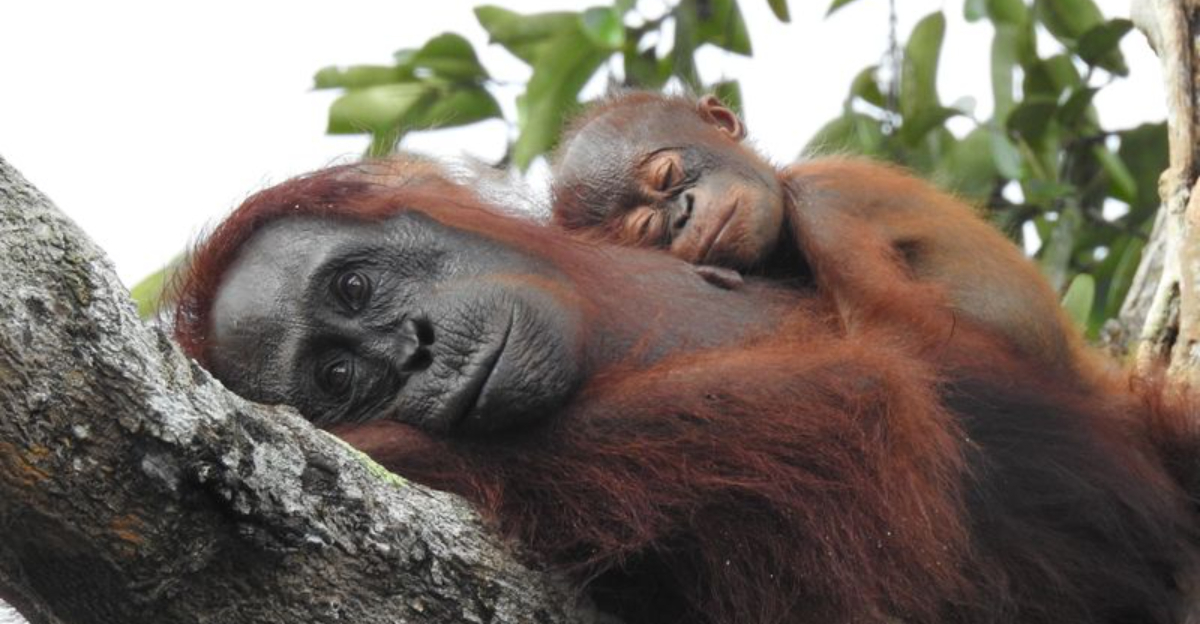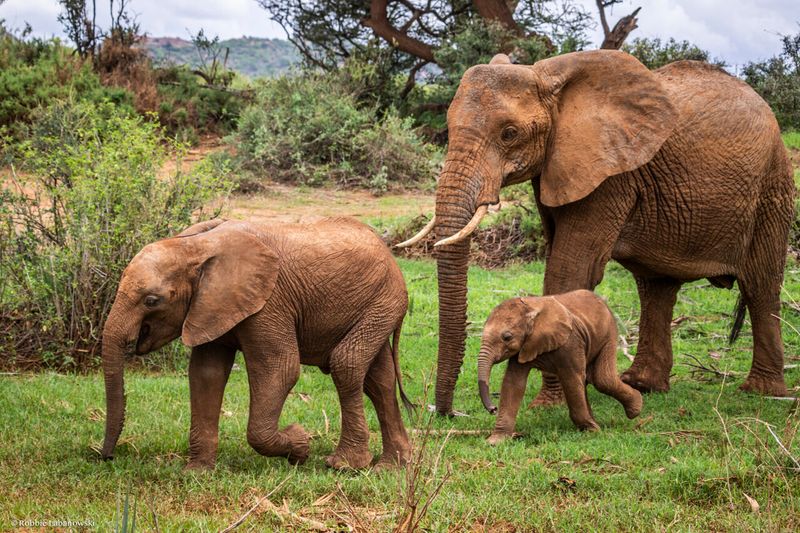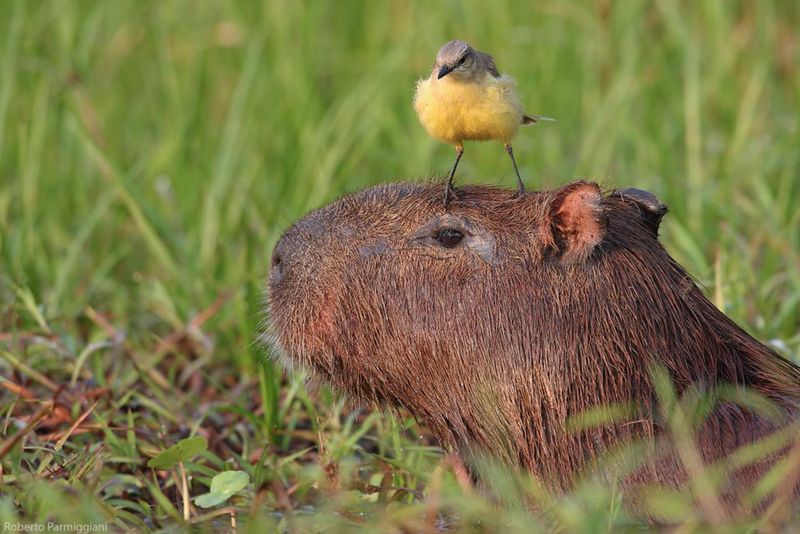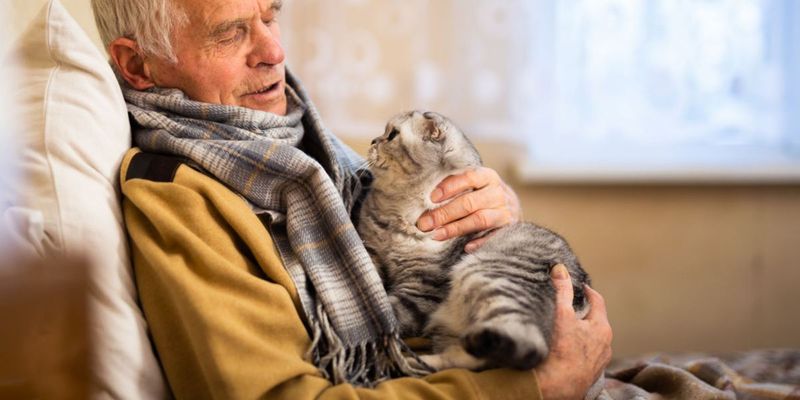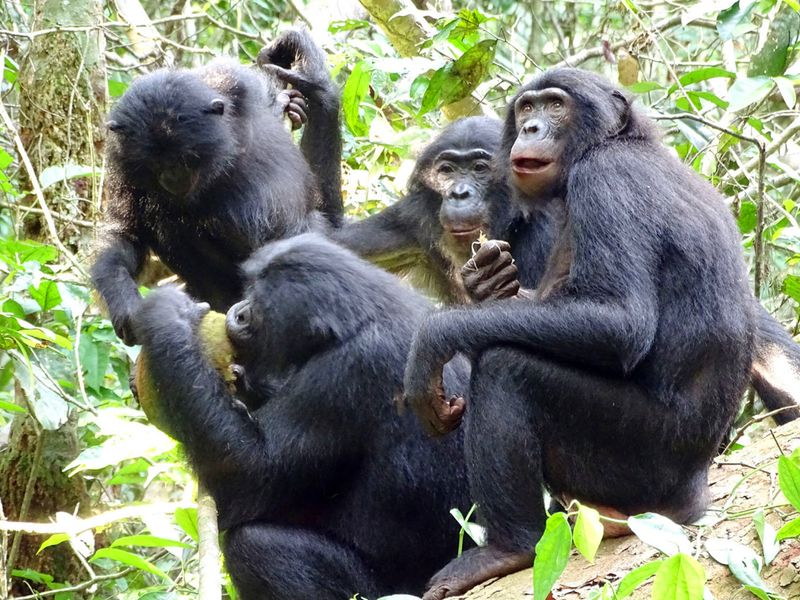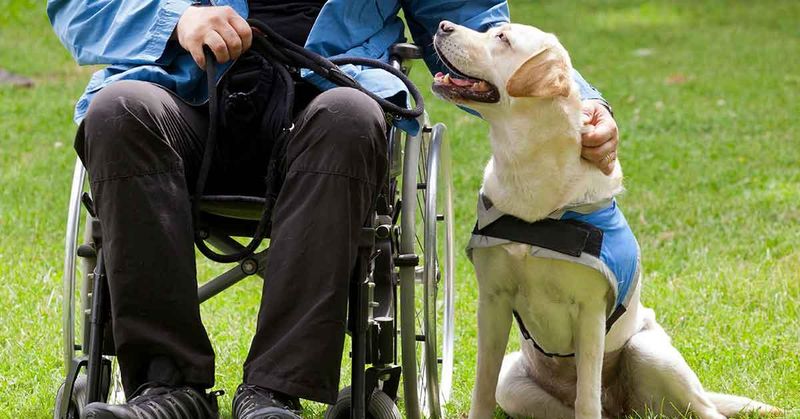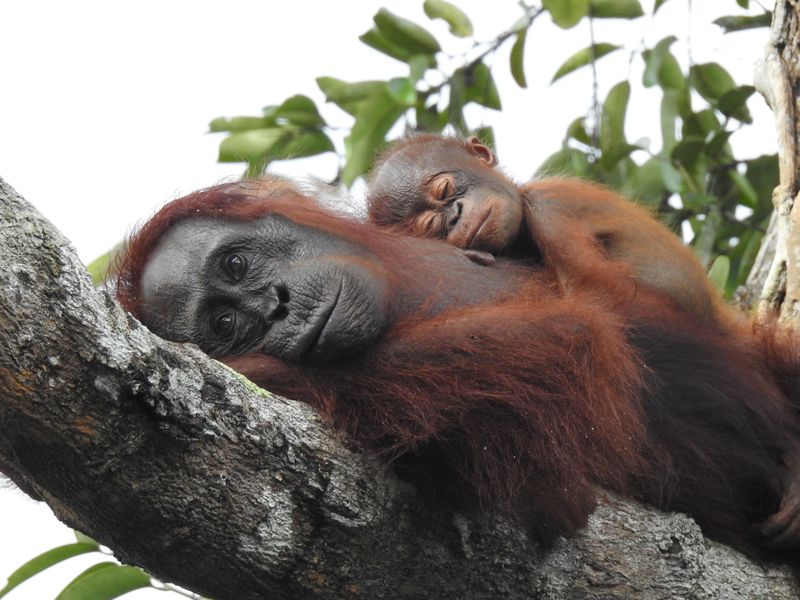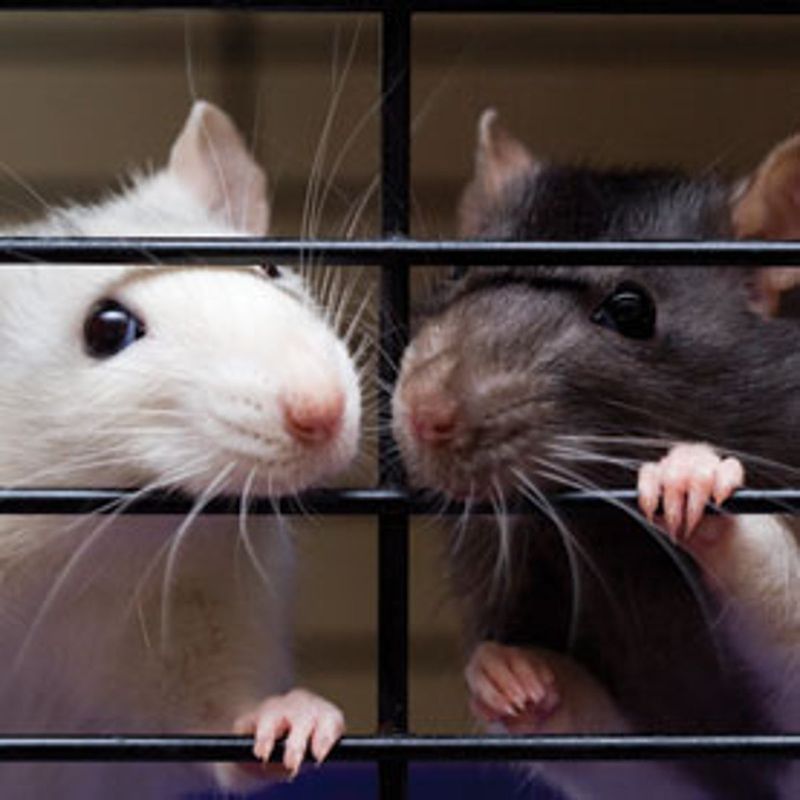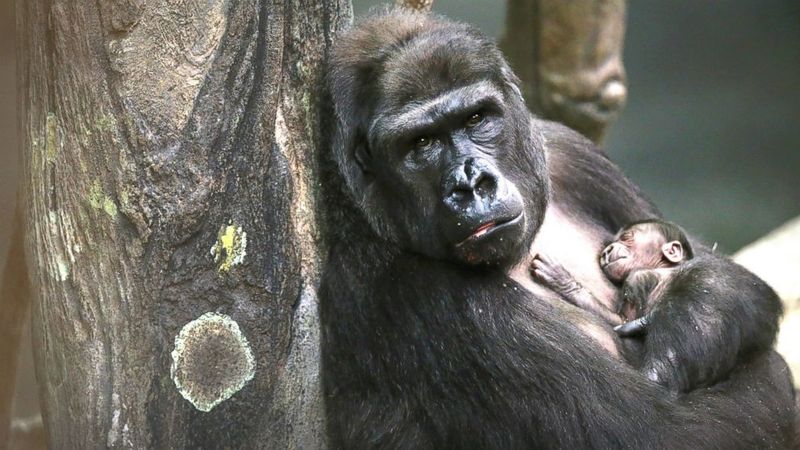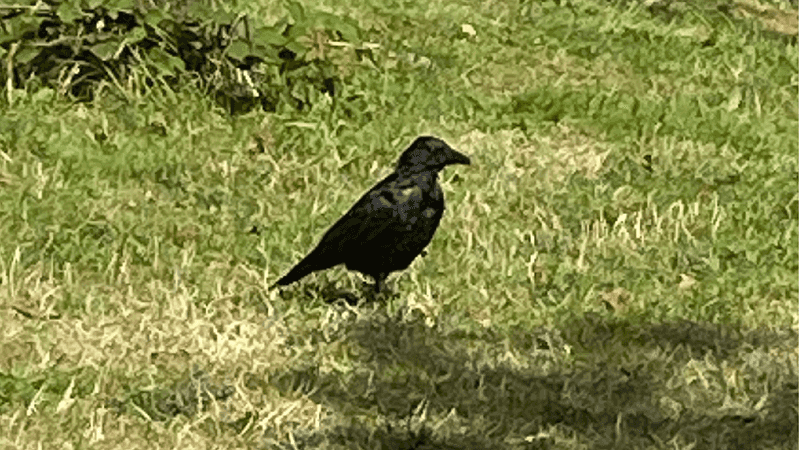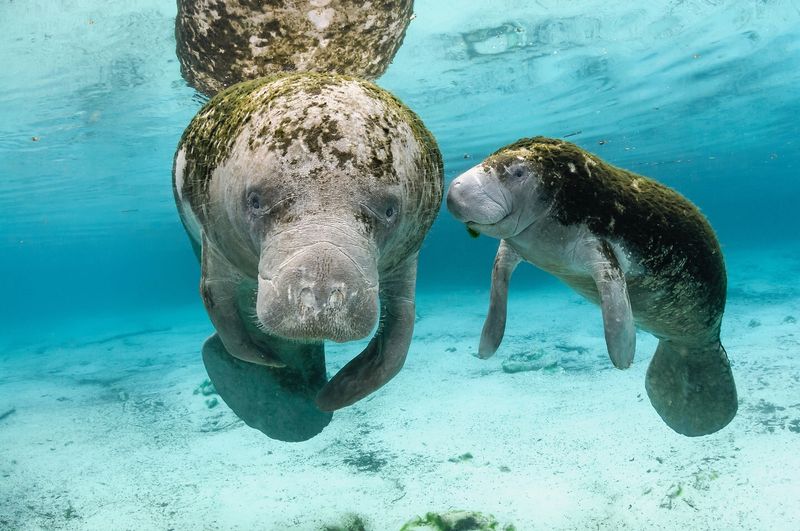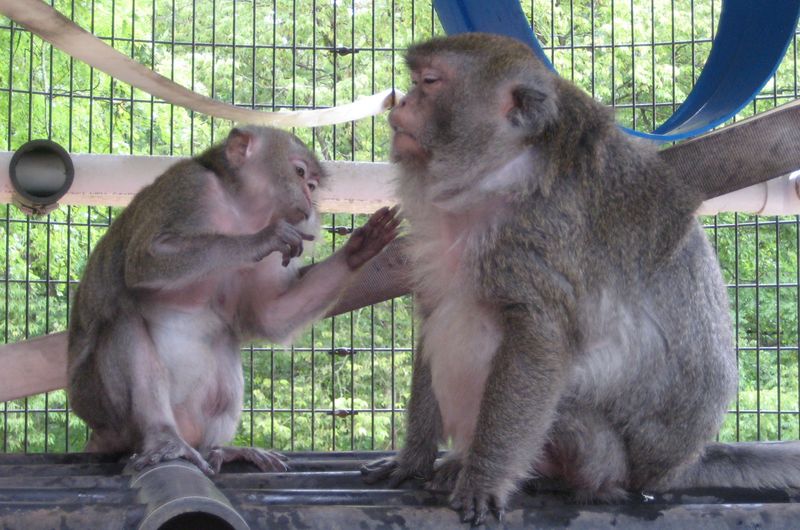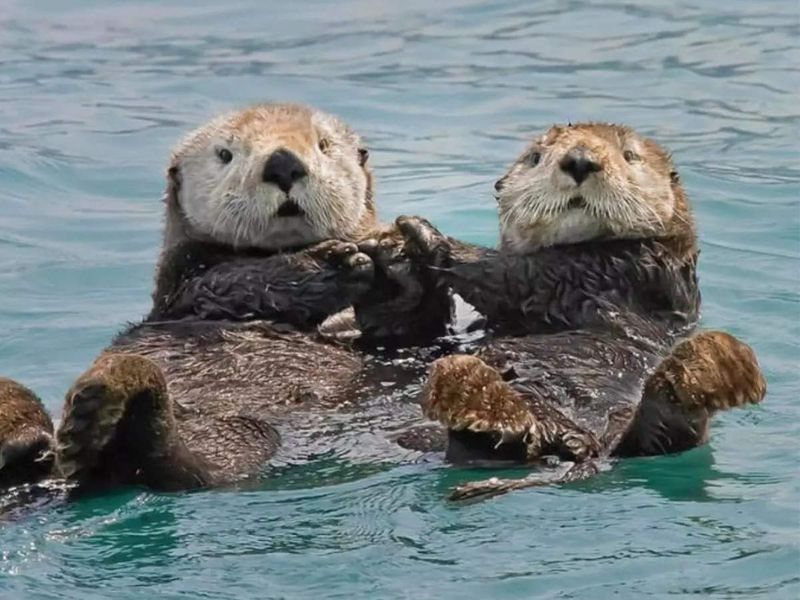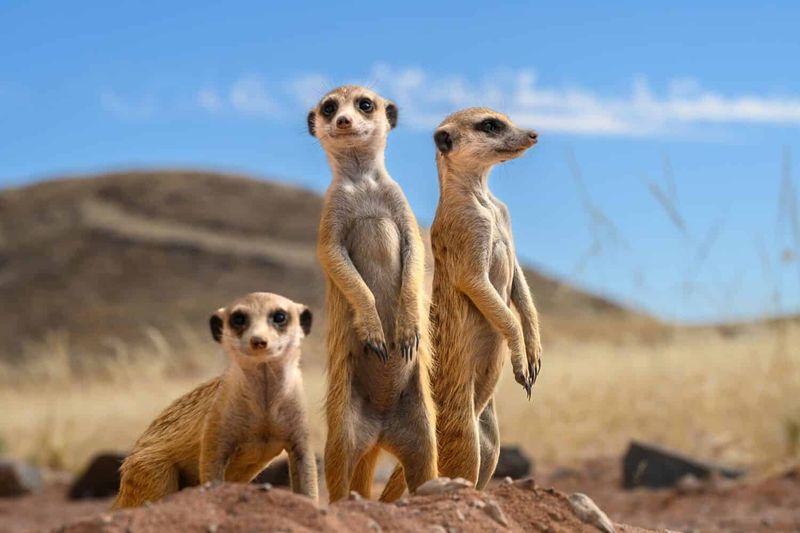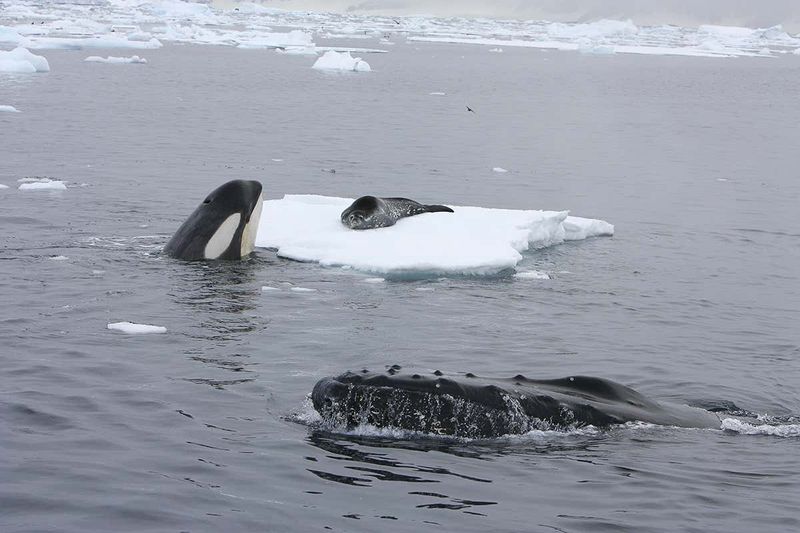📖 Table of Content:
Animals often show remarkable kindness that can teach us humans a thing or two about compassion. From sea creatures to furry friends, the animal kingdom is full of species that display extraordinary empathy, helpfulness, and care toward others. Let’s explore some of the world’s kindest animals and the heartwarming ways they show their gentle sides.
1. Dolphins
Dolphins rank among the most altruistic creatures in the ocean. They’ve been documented helping injured members of their pods, lifting them to the surface so they can breathe.
Marine biologists have observed dolphins protecting swimmers from sharks by circling around them and creating a safety barrier. They’ve even guided stranded whales back to deeper waters.
Their intelligence, combined with natural empath,y makes them extraordinary helpers. Some dolphins have maintained protective relationships with humans for years, demonstrating a cross-species kindness that few animals can match.
2. Elephants
Demonstrating deep compassion, elephants care for members of their herd and sometimes other species, mourning their dead by standing guard, burying the bodies with natural materials, and returning to those places long after.
When a baby elephant cries out, the entire herd rushes to form a protective circle around it. Older females often adopt orphaned calves, sharing food and teaching them essential survival skills.
Scientists have documented cases where elephants have attempted to help injured humans. Their long-term memory allows them to recognize and maintain bonds with other elephants for decades, showing the depth of their emotional connections.
3. Capybaras
Known as nature’s ultimate peaceful creatures, capybaras welcome almost any animal to sit on them, creating living furniture for birds, monkeys, and even small reptiles. These giant rodents rarely show aggression toward other species.
Groups of capybaras often adopt orphaned or abandoned young from other capybara families. They form strong social bonds within their groups, grooming each other and taking turns watching for predators.
Their calm demeanor and tolerance make them the peacemakers of the animal world. Even natural enemies seem to call a truce around these gentle giants, creating unusual cross-species friendships that defy typical animal behavior.
4. Domestic Cats
Behind their independent reputation, cats often display surprising acts of kindness. Many cat owners have woken to their feline friends bringing them “gifts” – their way of sharing their hunting success and providing for their human family.
Mother cats are exceptionally nurturing, sometimes adopting and raising orphaned animals of different species. Their purring has healing properties, operating at frequencies that promote bone growth and wound healing.
Cats form deep bonds with their chosen humans, often sensing when their owners are sad or sick. During these times, they’ll stay close, offering silent comfort through their presence and gentle headbutts – their unique way of showing affection.
5. Bonobos
Bonobos resolve conflicts through affection rather than aggression, making them uniquely peaceful among primates. When tensions rise, they engage in friendly physical contact to diffuse the situation instead of fighting.
Food sharing is a common practice among bonobos. They willingly divide their meals with strangers and even competing groups, a behavior rarely seen in other primates. This generosity extends beyond their immediate family.
Female bonobos form strong alliances, protecting each other and maintaining social harmony. Their society values cooperation over competition, creating communities where violence is rare. This makes them one of the few species where kindness appears to be their default social strategy.
6. Dogs
Through endless displays of devotion and empathy, dogs have become cherished companions to humans. They intuitively pick up on emotional cues, offering silent support by cuddling close or gently resting their heads in our laps.
Service dogs dedicate their lives to helping people with disabilities navigate the world more independently. Search and rescue dogs work tirelessly to find missing persons, often putting themselves at risk.
Many dogs have become heroes by alerting families to fires, protecting children from threats, or keeping lost hikers warm. Their desire to please their human companions drives them to acts of selflessness that demonstrate true empathy.
7. Orangutans
Despite their immense strength, orangutans are known for their gentle nature. Mothers spend as long as eight years nurturing their young, patiently teaching them how to survive in the wild.
These intelligent apes have been observed sharing tools with each other and helping struggling companions reach food. Their thoughtful problem-solving extends to assisting others in need, not just themselves.
Rehabilitation centers report orangutans forming bonds with their caretakers, sometimes offering food back to humans who have helped them. They show empathy toward other species too, with documented cases of orangutans adopting and caring for abandoned pets and other animals in sanctuaries.
8. Rats
Laboratory studies have revealed rats as surprisingly empathetic creatures. When faced with a trapped companion and freely available chocolate, rats will often free their friend before enjoying the treat, then share the food with them.
These small rodents recognize pain in other rats and actively work to alleviate their suffering. They’ve been observed bringing food to sick or injured cage mates and grooming them to provide comfort.
Rat mothers are exceptionally devoted, spending significant time grooming and protecting their babies. Their natural empathy extends beyond their own species – pet rats often form strong bonds with their human caregivers, showing concern when their owners are upset.
9. Gorillas
Gorillas live in tight-knit family groups where cooperation and mutual care are essential. Silverback males, despite their intimidating appearance, are gentle protectors who risk their lives to defend family members from threats.
Female gorillas share childcare responsibilities, often adopting orphaned infants and raising them as their own. They teach young gorillas social skills through patient interaction and play.
Captive gorillas have formed deep bonds with their keepers, displaying concern when their human friends are hurt or upset. Their capacity for empathy extends to other species – the famous gorilla Koko, who learned sign language, cared tenderly for kittens she adopted, showing the depth of gorillas’ capacity for cross-species kindness.
10. Crows
These highly intelligent birds, crows can remember the faces of kind humans and sometimes express their gratitude by leaving behind small treasures—like bits of metal, coins, or other shiny items.
Family bonds run deep in crow communities. They cooperatively raise their young, with older siblings helping parents care for new chicks. When a crow dies, others hold what appears to be a funeral, gathering around the deceased bird.
Their problem-solving abilities extend to helping each other. Crows will warn their flock about dangers and share information about food sources. Some have even been observed creating tools to help other crows access food they couldn’t reach themselves.
11. Penguins
Emperor penguins endure Antarctica’s brutal winter to protect their eggs. Males balance eggs on their feet for two months in temperatures reaching -40°F, huddling together for warmth, while females journey to find food.
Parents take turns caring for their chicks, traveling long distances to bring back food. The entire colony works together to shield the young from harsh weather, forming protective circles with adults on the outside facing the biting wind.
Penguin pairs remain faithful to each other for years, recognizing their partner’s unique call among thousands of similar-sounding birds. Their devotion to family and willingness to sacrifice for the good of the colony make them among nature’s most dedicated parents.
12. Sheep
Far more social than they appear, sheep develop strong, lasting bonds with specific flock members. They can remember up to 50 individual sheep and even recognize human faces over time.
When a sheep feels sick, others in the flock will gather around it protectively. Mother ewes are devoted parents who can recognize their lambs’ individual bleats in a crowded field.
Research has shown that sheep experience complex emotions, including empathy. They become distressed when they see pictures of sheep in pain or danger. This emotional intelligence helps maintain their close-knit social groups, where they’ll often seek out specific companions to graze beside.
13. Manatees
Gentle giants of the waterways, manatees are known for their peaceful nature and complete lack of aggression. They’ve never been observed fighting each other, despite sometimes competing for resources.
Mother manatees nurse their calves for up to two years, teaching them migration routes and feeding grounds. Adult manatees will often adopt orphaned calves, providing them with the care they need to survive.
These curious creatures sometimes approach divers with friendly interest, occasionally offering gentle nudges that seem like attempts at play. Despite facing threats from boat propellers and habitat loss, manatees maintain their docile demeanor, never retaliating against the humans who sometimes harm them.
14. Chimpanzees
Chimpanzees console each other after conflicts, offering hugs and grooming to reduce stress. This behavior shows advanced emotional intelligence and the ability to understand others’ feelings.
Adult chimps have been observed adopting orphaned youngsters, even when not related. Males will share meat from their hunts with friends and allies, strengthening social bonds through generosity.
Captive chimps sometimes display remarkable kindness toward their caretakers. When Jane Goodall was sick with malaria, a chimp named David Greybeard brought her bananas and refused to leave until she ate them. Their capacity for compassion extends beyond their own species, with documented cases of chimps helping injured birds and other animals.
15. Sea Otters
To stay close while they sleep, sea otters often hold paws—a behavior known as “rafting” that helps keep families and social groups from drifting apart in the water.
Mother otters are incredibly devoted, carrying their pups on their chests to keep them dry and warm. They teach their young how to swim, hunt, and use tools with remarkable patience.
These playful animals share food with others in their group, especially with mothers who need extra nutrition while caring for pups. They’ve been observed offering favorite stones (used as tools for opening shellfish) to other otters who don’t have one – a rare example of tool-sharing in the animal kingdom.
16. Meerkats
In meerkat communities, group babysitting is a well-organized effort. Designated caretakers watch over all the pups while the rest of the group hunts, sometimes skipping meals to prioritize the young.
Sentries take turns standing guard, warning the group of approaching predators with specific alarm calls that identify the type of threat. This selfless behavior puts them at greater risk while giving others time to escape.
Food sharing is common among meerkats, with successful hunters bringing back extra food for pregnant or nursing females. Young meerkats learn hunting skills through patient teaching from adults, who will bring injured prey for practice. Their cooperative society demonstrates how kindness can be an evolutionary advantage.
17. Humpback Whales
There are numerous accounts of humpback whales protecting other creatures, intervening to stop killer whale assaults on seals, gray whale calves, and even distant species such as sunfish and harbor porpoises.
Scientists call this behavior “altruistic” because the whales gain nothing from these interventions and may put themselves at risk. Mother humpbacks are particularly protective, positioning themselves between threats and their calves.
These gentle giants form strong social bonds, maintaining friendships over many years despite migrating thousands of miles. Their haunting songs may help coordinate group activities and strengthen social connections. The complex social structures of humpback whales reveal emotional lives that include compassion extending beyond their own kind.
